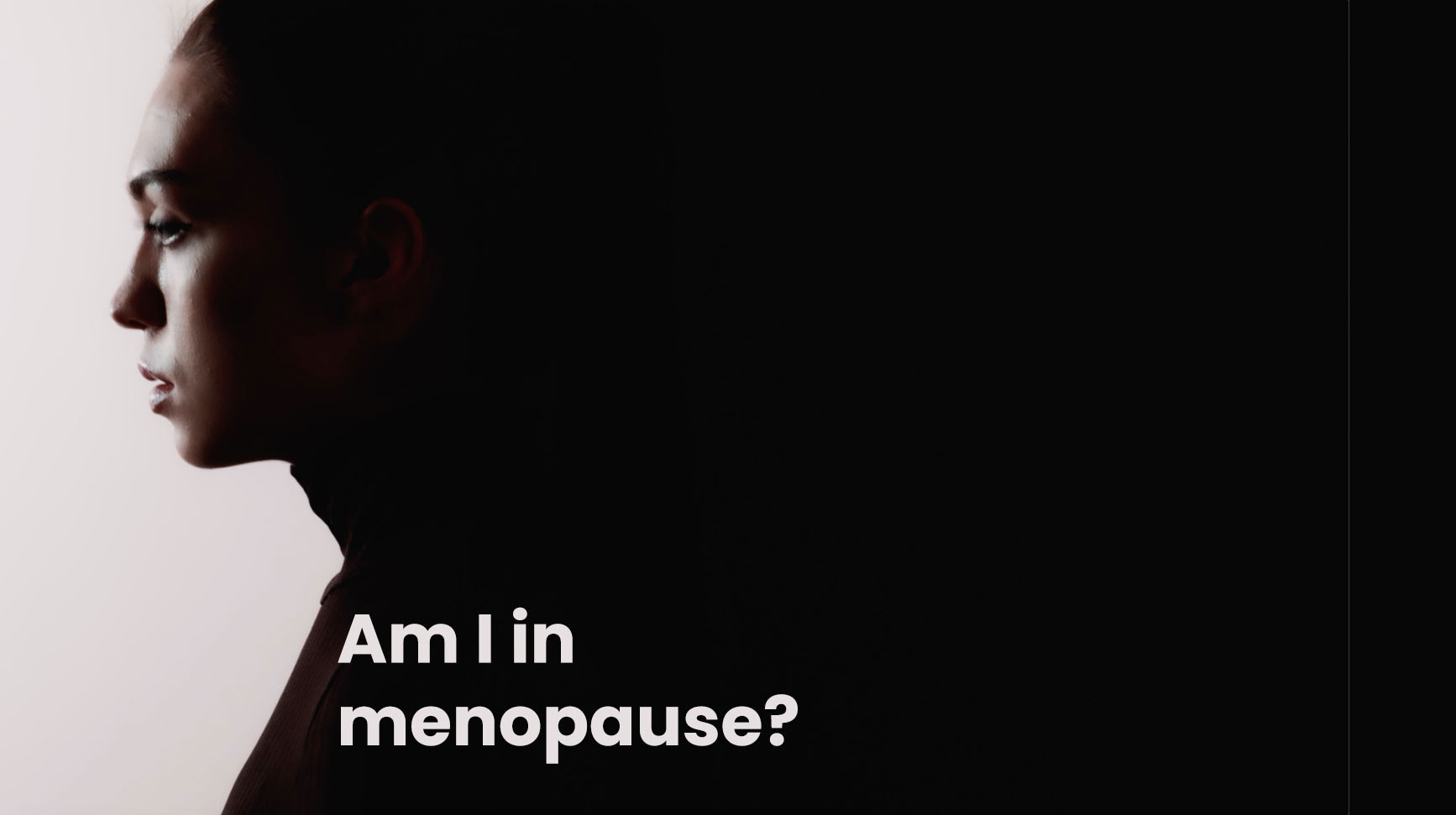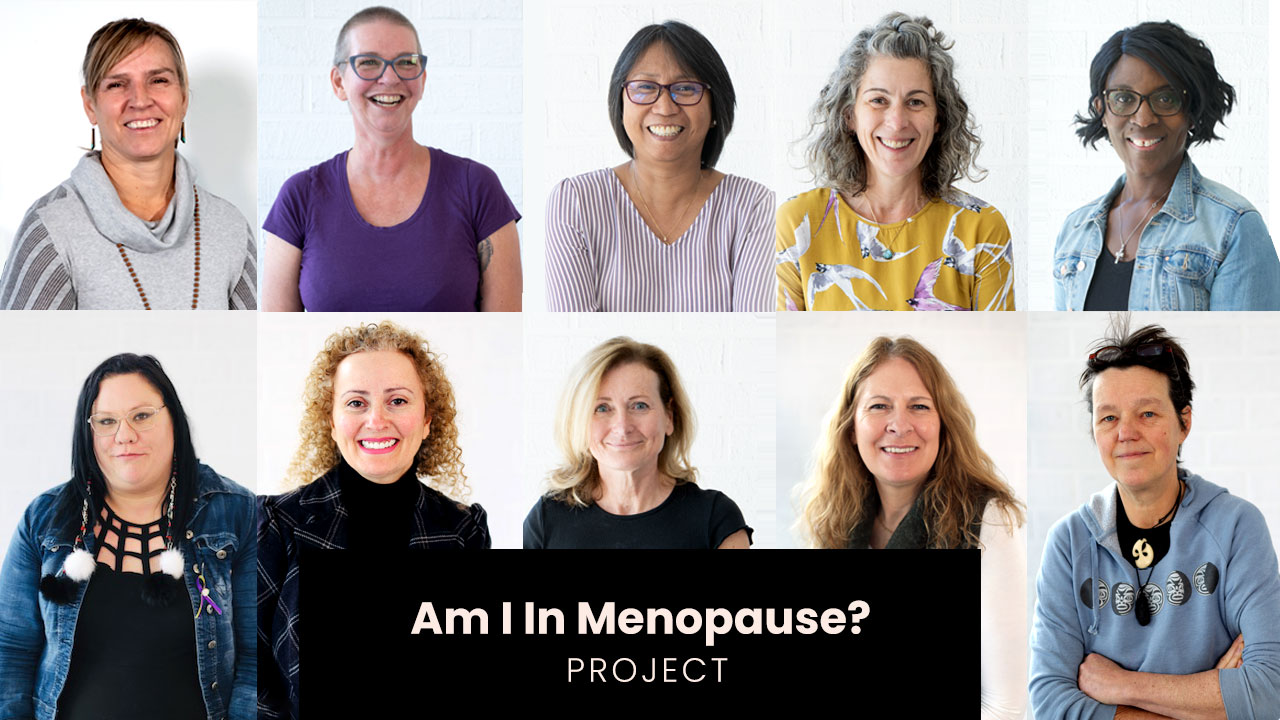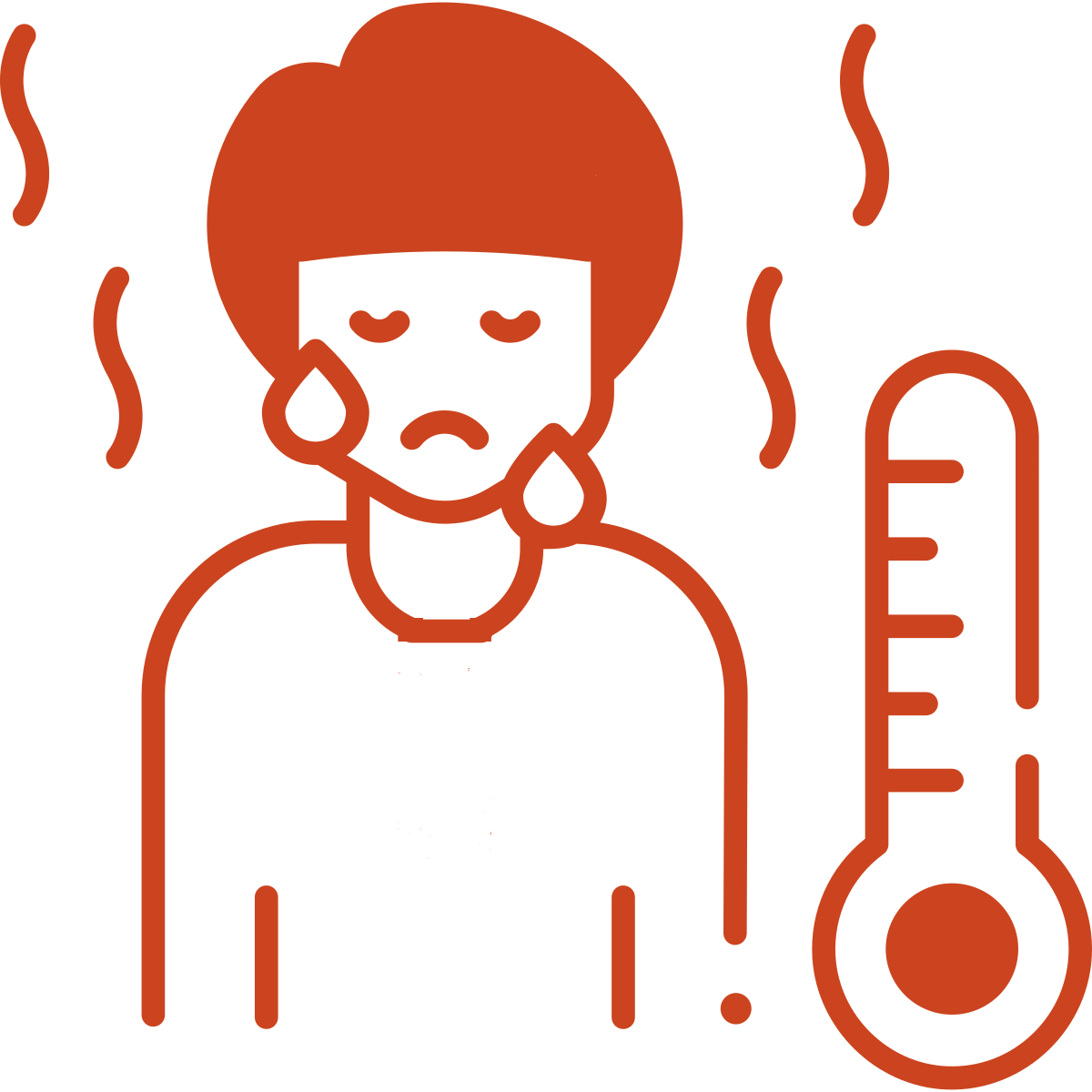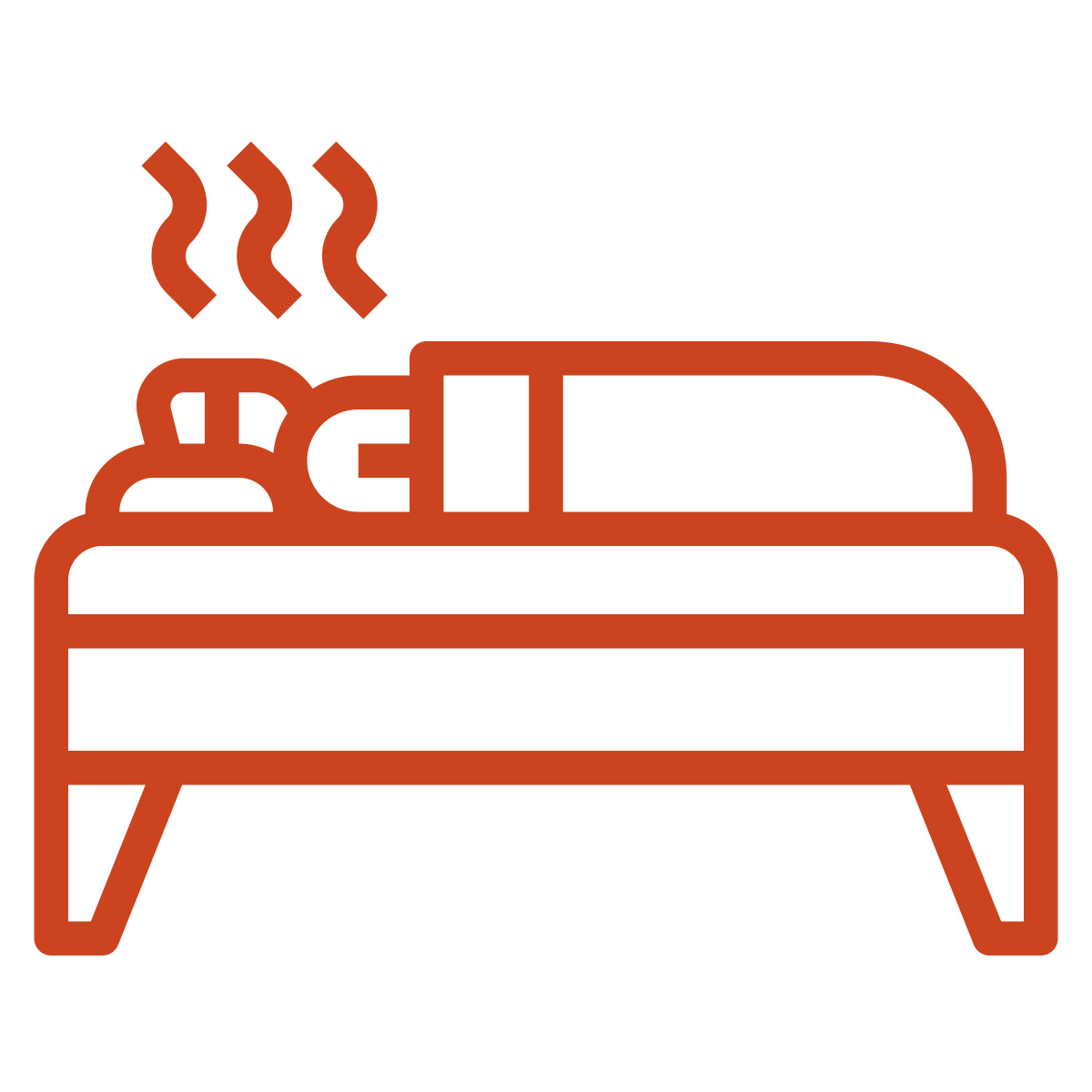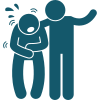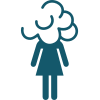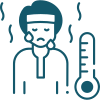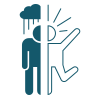Do you ever wonder …
What is Menopause?
Menopause is not a disease. It is a natural part of human aging.
As a woman, your body goes through five stages: childhood, puberty, the reproductive stage, the menopausal transition, and finally, menopause.
When you have not had a period for one full year (12 months), you have officially entered menopause.
The stage just before menopause has several names – perimenopause, the menopausal transition, or simply ‘the change’. When it starts and how long it lasts varies from woman to woman. During this transitional stage, your hormones begin to fluctuate, sometimes wildly.
This can trigger the same sort of chaos in your body, your mind, and your emotions that you experienced during puberty. After you reach menopause, your hormones will settle down. Some of your symptoms should eventually stop, and others will settle down although they may stay with you for life. You will need to find positive coping methods to adapt to these long-term changes, as well as emotionally accept them as part of the next stage of your life which – we hear! – can be pretty amazing.
Menopause Symptoms
There are literally dozens of symptoms associated with menopause, ranging from hot flashes and night sweats to anxiety and mood swings.
Here you can learn about these symptoms, their management and dig into why they occur. Herstasis® is proud to be the most credible, accurate and scientifically based source for up-to-date information on menopausal transition and symptoms.
Did you know?
Menopause Therapies
There is no “cure” for menopause, but there are a number of therapies ranging from simple movement to prescribed hormones that can significantly improve a woman’s quality of life.
At Herstasis® we want to help women understand how these therapies work on the female mind and body from a science perspective, and how they might apply to each woman’s specific set of symptoms.

Here are the top six symptoms women experience during the menopausal transition:
- Irregular periods – every woman will experience these as their bodies shift from the reproductive years (with regular periods) into menopause (with no periods).
- Hot flashes and night sweats – 75% of women will experience hot flashes, usually for less than 2 years. Hot flashes feel like a strong wave of heat travelling through the upper body and face. When hot flashes happen at night while you are sleeping, they are called night sweats.
- Insomnia and sleep difficulties – Up to 60% of women experience difficulty sleeping during the menopausal transition, including trouble falling asleep, staying asleep, and having a poor quality of sleep. Sleep problems often result from other menopausal transition symptoms, especially night sweats.
- Vaginal dryness – Up to 35% of women will experience vaginal dryness. This can be painful, especially during intercourse, but there are solutions.
- Bladder issues – Over 50% of women will experience problems with their bladders starting in the menopausal transition. Leaking urine (when you exercise or sneeze) and urinary urgency (when you can’t hold your pee) are the most frequent urinary issues.
- Mood changes and mood swings – About 50% of women in the menopausal transition will experience sudden, random mood swings. You may find yourself bouncing between feeling wonderful, tearful, angry, sad, or irritable, all because of changing hormone levels.
Visit Herstasis.com to learn more about these symptoms and how to manage them successfully.
You might be in menopause if you have any of the following symptoms: irregular periods, hot flashes, night sweats, sleep problems, vaginal dryness, or mood changes (and there are more). These symptoms can occur gradually or suddenly. If you think you might be in menopause, talk to your practitioner.
It’s a question that many women ask as they approach middle age.
Once a woman has gone 12 months without having a period, she is considered to be in menopause.
Perimenopause is the transition time before a woman is in menopause and in general begins in their mid 40s or 50s.
Perimenopause is the transition period leading up to menopause. It’s different for every woman, but usually starts in her 40s. For some women, perimenopause lasts a few years; for others, it can last up to 10 years. The symptoms of perimenopause are caused by changes in hormone levels. These changes can cause hot flashes, trouble sleeping, mood swings, and weight gain.
Menopause is the biological process, not a medical condition, that marks the end of a woman’s reproductive years. It’s diagnosed after 12 months without a menstrual period and can be confirmed with blood tests.
Symptoms associated with the transition into menopause become noticeable in your mid-40s. This is typical, but some women start to experience symptoms in their 30s, while other women start noticing them in their 50s.
The menopausal transition lasts, on average, for 7 years, but can last up to 14 years. Some women experience only one or two symptoms, while other women experience many. Not all symptoms happen at the same time, and not all symptoms will last for the entire time.
Learn More About Menopause
Calling all women! There is information and support to help you go through the menopausal transition with a great quality of life. Learn more by visiting our FAQs and Resource Library.
- All about Menopause
- All about Hormone Therapy
- Menopause Resources
FAQs
Are you wondering about HRT? Hot Flashes? How to make sense of your body? Learn about the most common questions here.
Enter hereResource Library
Wanting to understand the latest research on the menopause transition? Browse this curated library of scientific papers.
Enter hereBlogs
Looking for stories of other women walking this path? Check out the latest blog posts from a variety of authors.
Enter hereGet to know us
Our goal is to give women the tools and the education they need to to feel more in control of their personal menopausal transition.

